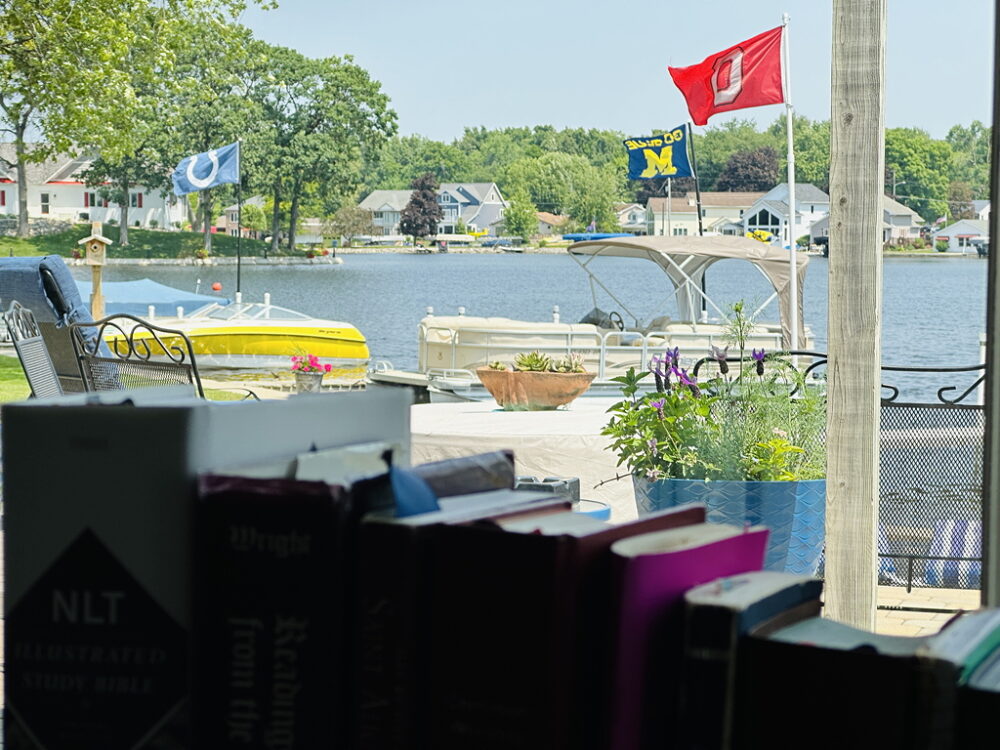
Simply beautiful.
Where did I find you, that I came to know you? You were not within my memory before I learned of you. Where, then, did I find you before I came to know you, if not within yourself, far above me? We come to you and go from you, but no place is involved in this process. In every place, O Truth, you are present to those who seek your help, and at one and the same time you answer all, though they seek your counsel on different matters.
You respond clearly, but not everyone hears clearly. All ask what they wish, but do not always hear the answer they wish. Your best servant is he who is intent not so much on hearing his petition answered, as rather on willing whatever he hears from you.
Late have I loved you, O Beauty ever ancient, ever new, late have I loved you! You were within me, but I was outside, and it was there that I searched for you. In my unloveliness I plunged into the lovely things which you created. You were with me, but I was not with you. Created things kept me from you; yet if they had not been in you they would not have been at all. You called, you shouted, and you broke through my deafness. You flashed, you shone, and you dispelled my blindness. You breathed your fragrance on me; I drew in breath and now I pant for you. I have tasted you; now I hunger and thirst for more. You touched me, and I burned for your peace.
When once I shall be united to you with my whole being, I shall at last be free of sorrow and toil. Then my life will be alive, filled entirely with you. When you fill someone, you relieve him of his burden, but because I am not yet filled with you, I am a burden to myself. My joy when I should be weeping struggles with my sorrows when I should be rejoicing. I know not where victory lies. Woe is me! Lord, have mercy on me! My evil sorrows and good joys are at war with one another. | know not where victory lies. Woe is me! Lord, have mercy! Woe is me! I make no effort to conceal my wounds. You are my physician, I your patient. You are merciful; I stand in need of mercy.
Is not the life of man upon earth a trial? Who would want troubles and difficulties? You command us to endure them, not to love them. No person loves what he endures, though he may love the act of enduring. For even if he is happy to endure his own burden, he would still prefer that the burden not exist. I long for prosperity in times of adversity, and I fear adversity when times are good. Yet what middle ground is there between these two extremes where the life of man would be other than trial? Pity the prosperity of this world, pity it once and again, for it corrupts joy and brings the fear of adversity. Pity the adversity of this world, pity it again, then-a third time; for it fills men with a longing for prosperity, and because adversity itself is hard for them to bear and can even break their endurance. Is not the life of man upon earth a trial, a continuous trial?
All my hope lies only in your great mercy.
RESPONSORY
Late have I loved you,
O Beauty ever ancient, ever new,
late have I loved you.
— You called, you shouted,
and you broke through my deafness.The Son of Man came to seek out the lost
And lead them to salvation.
— You called, you shouted,
And you broke through my deafness.
![]()







